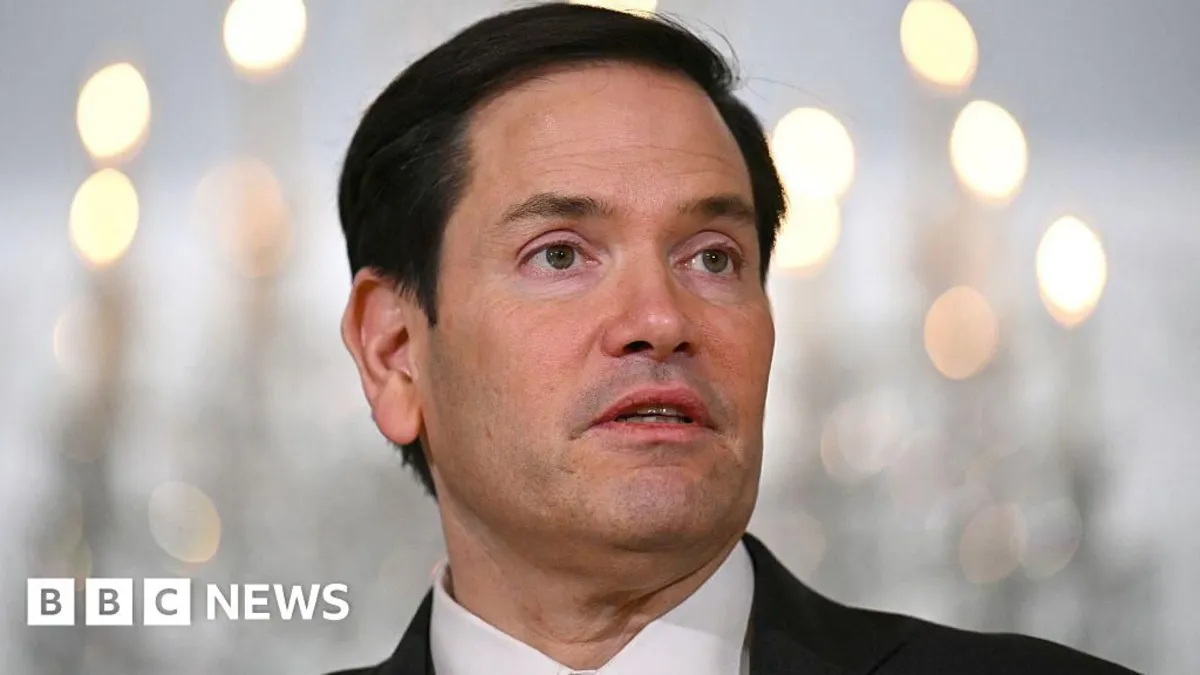
In a recent statement, US Secretary of State Marco Rubio has called on China to take action to prevent Iran from closing the Strait of Hormuz, a crucial maritime corridor for global oil shipments. This call comes on the heels of a report from Iran's state-run Press TV, which indicated that the Iranian parliament has approved plans to close the Strait. However, the final decision rests with the Supreme National Security Council of Iran.
The potential closure of the Strait of Hormuz raises serious concerns about the global oil supply, as any disruption could have significant repercussions for the world economy. Notably, China stands as the largest importer of Iranian oil, maintaining a close economic relationship with Tehran. Rubio emphasized the consequences of such an action during an interview with Fox News, stating, "If they close the Straits... it will be economic suicide for them."
Rubio further pointed out that the repercussions would extend beyond Iran, affecting other nations significantly. "Other countries should be looking at that as well. It would hurt other countries' economies a lot worse than ours," he added, highlighting the interconnected nature of global energy markets.
Approximately 20% of the world's oil flows through the Strait of Hormuz, making it a vital artery for major oil and gas producers in the Middle East. Any attempts to disrupt operations in this critical waterway could lead to a dramatic increase in global oil prices. Following recent tensions, oil prices have already shown volatility, with the benchmark Brent crude reaching $81.40 a barrel at the onset of trading on Monday, before settling around $78, reflecting a 1.4% increase.
The United States has established a robust defense posture in the region, poised to respond to any potential counter-attacks from Iran. Saul Kavonic, head of energy research at MST Financial, noted that while the current situation is tense, the risk of escalating oil prices remains significant. "The cost of crude oil affects everything from how much it costs to fill up your car to the price of food at the supermarket," he explained.
China's dependence on Iranian oil is particularly pronounced, with imports exceeding 1.8 million barrels per day last month, according to data from ship tracking firm Vortexa. Other major Asian economies, such as India, Japan, and South Korea, also rely heavily on crude oil that transits through the Strait of Hormuz, underscoring the global stakes involved.
Energy analyst Vandana Hari has provided insights into Iran's position, suggesting that the country has little to gain and much to lose by closing the Strait. "Iran risks turning its oil and gas producing neighbors in the Gulf into enemies and invoking the ire of its key market, China, by disrupting traffic in the Strait," she remarked in an interview with BBC News.
As the situation unfolds, the international community watches closely, recognizing the potential for significant impacts on the global oil market and broader economic stability.